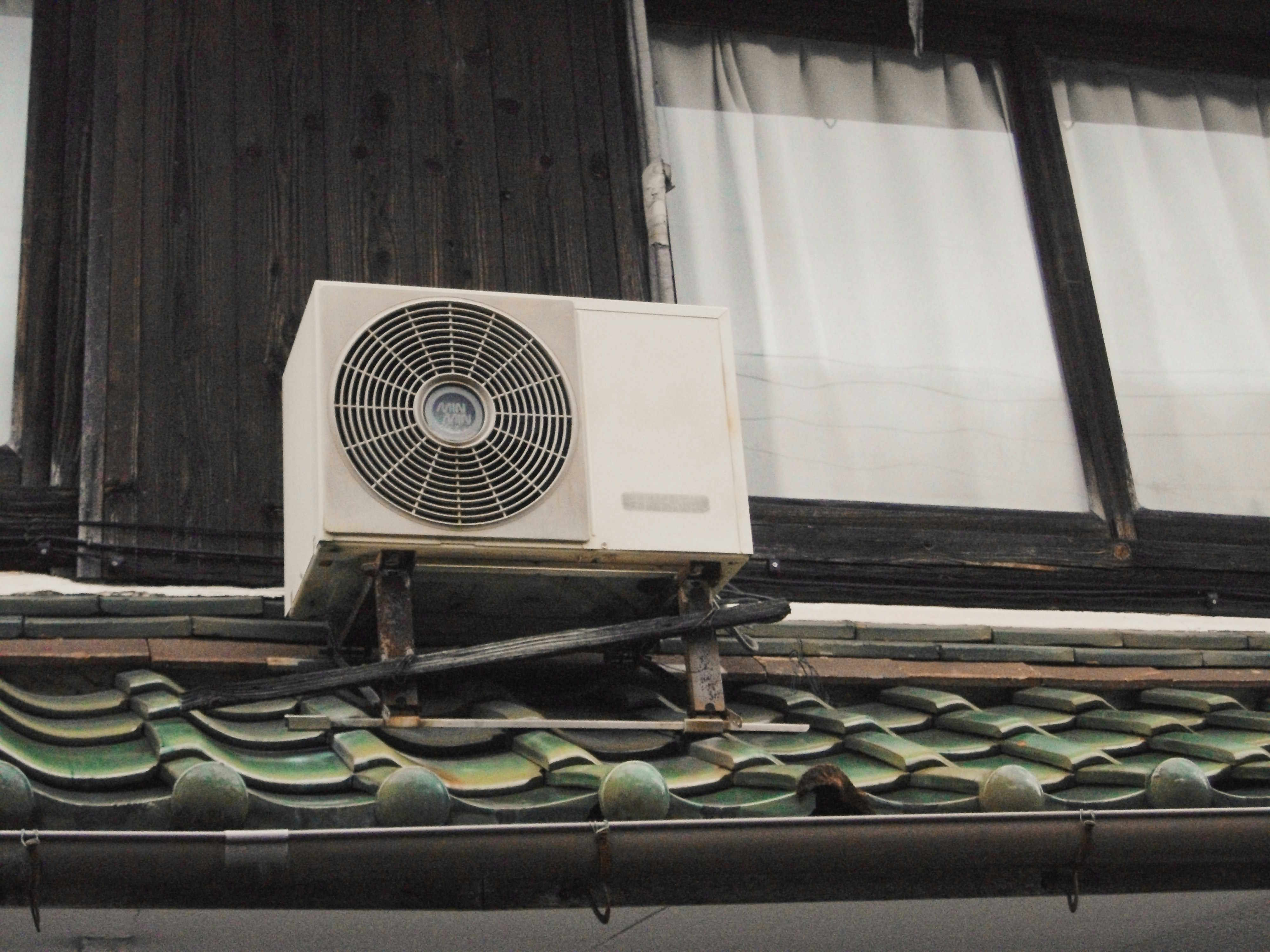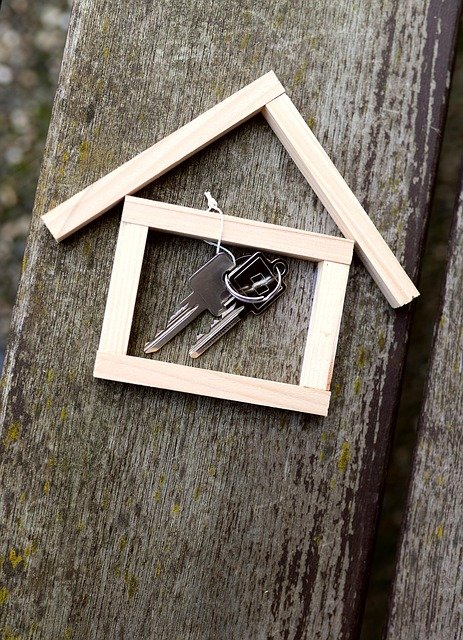Whole House Generators: Costs, Options, and Essential Guide for Homeowners
In an era where power reliability is paramount, whole house generators have emerged as a vital investment for homeowners. Whether you’re facing unexpected outages due to storms or need a reliable power backup for essential systems, a standby generator ensures your home remains functional. This comprehensive guide delves into costs, payment options, and considerations when selecting the best generator for your home.
What is a Whole House Generator?
A whole house generator, also known as a standby generator, is a permanent backup power solution designed to automatically detect power outages and provide electricity to your entire home. Unlike portable generators, these systems are installed outside your house and are connected directly to your electrical panel. They typically run on natural gas or propane and can power all essential appliances and systems in your home, including HVAC, refrigerators, lights, and security systems.
How Does a Whole House Generator Provide Backup Power?
Whole house generators offer a seamless transition to backup power when the main electrical supply fails. The process begins with an automatic transfer switch that constantly monitors your home’s connection to the power grid. When an outage is detected, this switch isolates your home from the grid and signals the generator to start. Within seconds, the generator begins supplying power to your home’s electrical system, ensuring continuous operation of critical appliances and systems.
What Are the Options for Whole Home Coverage?
When considering whole home coverage, homeowners have several options to choose from:
-
Output capacity: Generators range from 7 kW to 150 kW, suitable for different home sizes and power needs.
-
Fuel type: Natural gas, propane, and diesel are common fuel options, each with its own advantages.
-
Air-cooled vs. liquid-cooled systems: Air-cooled generators are typically smaller and less expensive, while liquid-cooled systems offer higher output and longer run times.
-
Smart features: Some models include remote monitoring, maintenance alerts, and integration with home automation systems.
How Does Automatic Outage Defense Work?
Automatic outage defense is a key feature of whole house generators, providing immediate and hands-free power restoration. This system comprises:
-
Transfer switch: Detects power loss and initiates the generator startup.
-
Control panel: Manages the generator’s operation and monitors various parameters.
-
Self-diagnostic capabilities: Regular system checks ensure the generator is ready when needed.
-
Programmable exercise cycles: Periodic self-tests maintain generator readiness.
This automation ensures that your home receives power within seconds of an outage, minimizing disruption to your daily activities.
What is the Cost of Energy Assurance with Whole House Generators?
The cost of installing a whole house generator varies depending on several factors, including the size of your home, power requirements, and the specific model chosen. Here’s a breakdown of typical costs:
| Generator Size | Home Coverage | Estimated Cost Range |
|---|---|---|
| 7-10 kW | Small homes | $4,000 - $8,000 |
| 12-20 kW | Medium homes | $10,000 - $15,000 |
| 22-45 kW | Large homes | $15,000 - $30,000 |
| 48+ kW | Very large homes or estates | $30,000 - $50,000+ |
Prices, rates, or cost estimates mentioned in this article are based on the latest available information but may change over time. Independent research is advised before making financial decisions.
These costs typically include the generator unit, installation, and basic setup. Additional expenses may include:
-
Fuel line installation or extension
-
Electrical panel upgrades
-
Concrete pad for generator placement
-
Permits and inspections
-
Annual maintenance contracts
It’s important to note that while the initial investment can be significant, many homeowners find the peace of mind and protection against power-related losses to be valuable long-term benefits.
How to Choose the Right Whole House Generator?
Selecting the appropriate whole house generator involves assessing several factors:
-
Power needs: Calculate your home’s total power requirements, including essential and non-essential appliances.
-
Fuel availability: Consider the most readily available and cost-effective fuel source in your area.
-
Local regulations: Check zoning laws, noise ordinances, and installation requirements in your municipality.
-
Climate considerations: Choose a generator rated for your region’s weather conditions.
-
Brand reputation and warranty: Research manufacturer reliability and after-sale support.
-
Professional assessment: Consult with a licensed electrician or generator specialist for a personalized recommendation.
By carefully evaluating these aspects, you can select a whole house generator that provides reliable backup power solution and ensures you’re staying powered always, even during extended outages.
In conclusion, whole house generators offer comprehensive protection against power interruptions, providing homeowners with peace of mind and uninterrupted daily life. While the initial investment can be substantial, the long-term benefits of energy assurance and home protection make them a worthy consideration for many households. As with any major home improvement, thorough research and professional consultation are key to making an informed decision that best suits your specific needs and circumstances.





